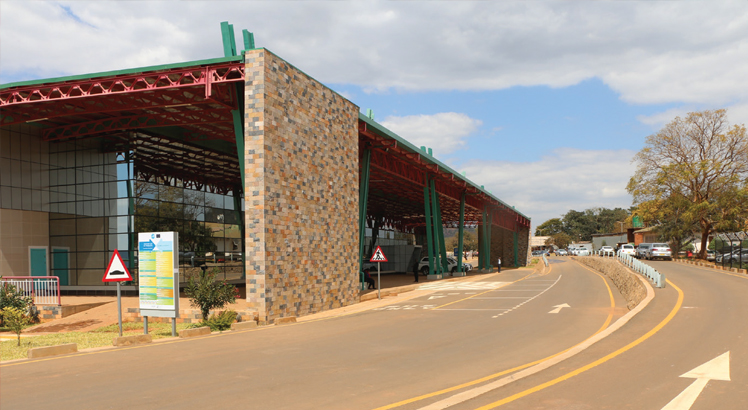Malawi inflation ease pleases Lipenga

Malawi Finance Minister Ken Lipenga has said he is encouraged by recent strides in the economy, particularly the continued fall in Malawi’s inflation rate.
Lipenga has also stated that government in general remains confident with the implementation of a package of economic reforms which, he said, will eventually pay-off ordinary Malawians.
“Many of the indicators such as inflation do show that we are indeed very much on track. And what we must always remember is to look in the context that we are implementing reforms,” the minister said in an interview on Friday.
Lipenga was commenting on the slowdown in the country’s year-on-year headline inflation rate by 2.7 percentage points from 27.9 percent in June to 25.2 percent as of July, 2013, according to the National Statistical Office (NSO).
This is the fifth month since March this year that Malawi’s inflation rate—the rate at which the general level of prices for goods and services is rising—has registered a decline.
The ease in the rate of inflation has already triggered relief to consumers as their disposable income-money available for spending and saving after income taxes have been deducted-would relatively buy as much basic commodities than before.
Added Lipenga: “Yes, we are facing a lot of pressures on the budget. But we are beginning to see a case that good policies work.”
The minister also sounded optimistic on the movement of the kwacha saying the local unit is bound to remain stable “of course this will depend quite a number of factors.”
According to Lipenga, government will continue to maintain expenditure control and hoped that the recently-introduced expenditure control measures will greatly contribute to fiscal discipline.
The minister said he is mindful that the economy will soon drift into a lean period where the country is bound to spend significant amount of foreign exchange on the importation of fertiliser under the Farm Input Subsidy Programme (Fisp) but expressed hope that such a situation will not result in the kwacha swinging massively.
Malawi’s inflation rate peaked at a high 38 percent in February 2013 before starting to decelerate.
Economic analysts have attributed the continued tumbling of inflation to the availability of cereals on the market, especially maize and the ease in the adjustment in the price of fuel coupled with a tight monetary policy by the Reserve Bank of Malawi (RBM).





